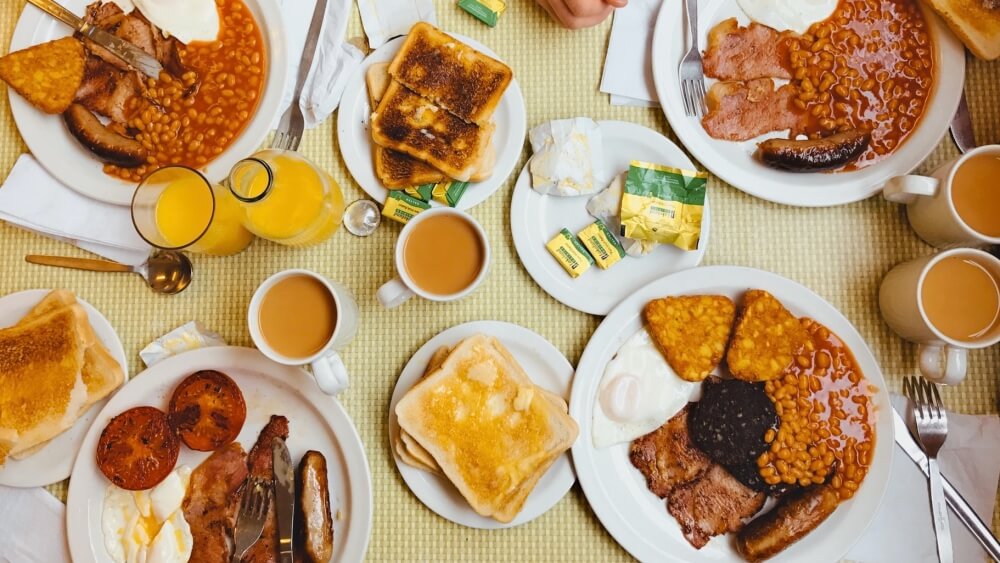The animal rights exposé Hogwood: A Modern Horror Story took home the prestigious Wild Animal Award at this year’s British Documentary Film Festival. Vegan actor and Game of Thrones star Jerome Flynn narrated the 35-minute film, which exposed some of the UK’s biggest factory farms. Tony Wardle directed the film.
“We couldn’t be more thrilled to win this award,” Wardle said in a statement. He continued: “There are modern horror stories taking place each day in the British countryside. Not only are these horrors hidden from sight, but they are endorsed by huge corporations and the Government.”
Wardle said this is the reason he made the film. “The public has a right to see what takes place beyond the factory farm walls.”
The documentary follows a fearless group of investigators as they go undercover at some of the UK’s biggest factory farms. The indie film centers around Hogwood farm, a notorious pig farm in England.
Flynn’s narration entwines with undercover footage. It includes interviews with investigators and activists from the animal welfare organization Viva!, the group behind the campaign. It also features interviews with vets and expert commentary from Oxford University researcher Joseph Poore and public health expert Dr. Josh Cullimore.
Wardle told LIVEKINDLY that the footage shown in the film “is horrifying, distressing, and depressing.” He explained that good animal welfare and intensive factory farms are contradictory terms. “If you have one you cannot have the other,” he said.
The festival also selected the film as a finalist for its Best British Short category.

Factory Farms Exposed
The documentary explores how animals are treated on factory farms. It also explains how the production of meat is highly pollutive.
The film delves into how factory farms are a breeding ground for contagious diseases like the coronavirus. “In the film [Cullimore] spells out that the filth and disease in intensive farming will play a central roll in future pandemics,” Wardle said.
Hogwood stresses the need for a global reduction in meat and dairy consumption in order to prevent pandemics from occurring in the future. But, the director says, this is not an easy feat. Especially given the fact that UK governments refuse to step in.
“Governments […] refuse to intervene because they see restricting meat and dairy sales for any reason as being electorally unpopular,” he explained. “Plus, their electoral heartland is rural farming communities—they’re not going to bite the hand that feeds them.”
“The problems of animal farming [are] so profound that ending [them] has to take priority over all else. And it is up to the government to determine what support is necessary,” Wardle said.


